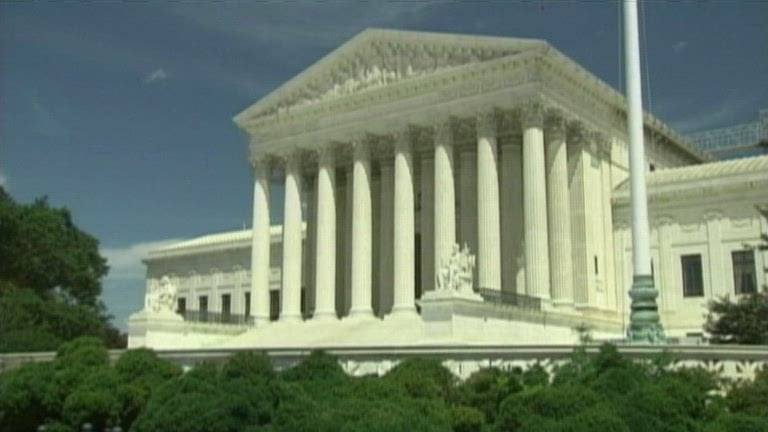“Martin v. Boise and Grants Pass v. Johnson have prevented cities from punishing people for sleeping in public spaces when they have nowhere else to go.”
Super complicated issue on the West Coast where homelessness is a giant problem.
Portland in particular has an issue with the “nowhere else to go” part of the equation as there are OFTEN places for people to go, but they choose not to for a variety of reasons:
“Every night, roughly 260 shelter beds for Portland homeless aren’t being used”
The sanitation and safety issues of campsites on public property are costing cities money they don’t have, for people who aren’t paying taxes to fund it.
https://www.portland.gov/homelessnessimpactreduction/cleanup
“In 2019 the program collected an average of 500,000 pounds of trash near campsites each month. That monthly total increased to 650,000 pounds in 2020. In March 2021, work teams removed a record 818,560 pounds of garbage.”
I sympathize with your annoyance, but your comment is a thinly veiled attack on the homeless because you’re annoyed with them.
You say, they choose not to for a variety of reasons: But then list all the problems with homeless people rather than the problems with shelters. You also make a point about how they don’t pay taxes. Which might not be true, btw. Some homeless people work. Also, most homeless people paid taxes for decades before becoming homeless. And, many more, are elderly women whose husband’s paid taxes for decades while they raised the kids.
I could go on. The articles actually do talk about the safety and sanitation issues inside the shelters, for example. Which is a major reason people choose not to go. Imagine being packed into beds like sardines with people who suffer from chronic mental illness and aren’t getting appropriate treatment? Would you feel safer in that room, or out in the woods by yourself?
The reasons people choose not to go to a shelter are wide and varied, but the most commonly stated is “I want to be free!” which reads as “I can’t bring my drugs and booze!”
See the article I linked:
“I couldn’t do it,” said Cooper, sitting next to a shopping cart filled with his sleeping bag and other belongings. “Being out here, it’s freedom.”
“I prefer to be outside because that way I can get up and move,” Varner said, while resting in the grass at Sewallcrest Park. “I can sleep in a nice area.”
A KGW survey of 100 people living in tents in Portland found 89% would rather stay in a tent over a shelter.
“I think that shelters are too temporary and there’s too much stimulation. I’m high functioning autistic. I just couldn’t. It’s not something for me. There’s too much going on,” he said.
I read that article. You cherry picked it just now. See my previous comment. I edited it to be more clear.
I provided all the quotes from the actual homeless people in the article.
A place to go with strings attached is not a place to go. Being required to abandon your partner, your pet, or your property is not tolerable to all. Being vulnerable to physical and sexual abuse in a “place to go” also makes it the opposite of that. A curfew? These aren’t children.
In most cases it’s “no drugs, alcohol, or weapons” that’s the barrier to entry.
In most cases
That’s a pretty bold claim. Got any evidence for it?
Living in Portland and reading interviews with tweaked out homeless people for 4 years?


